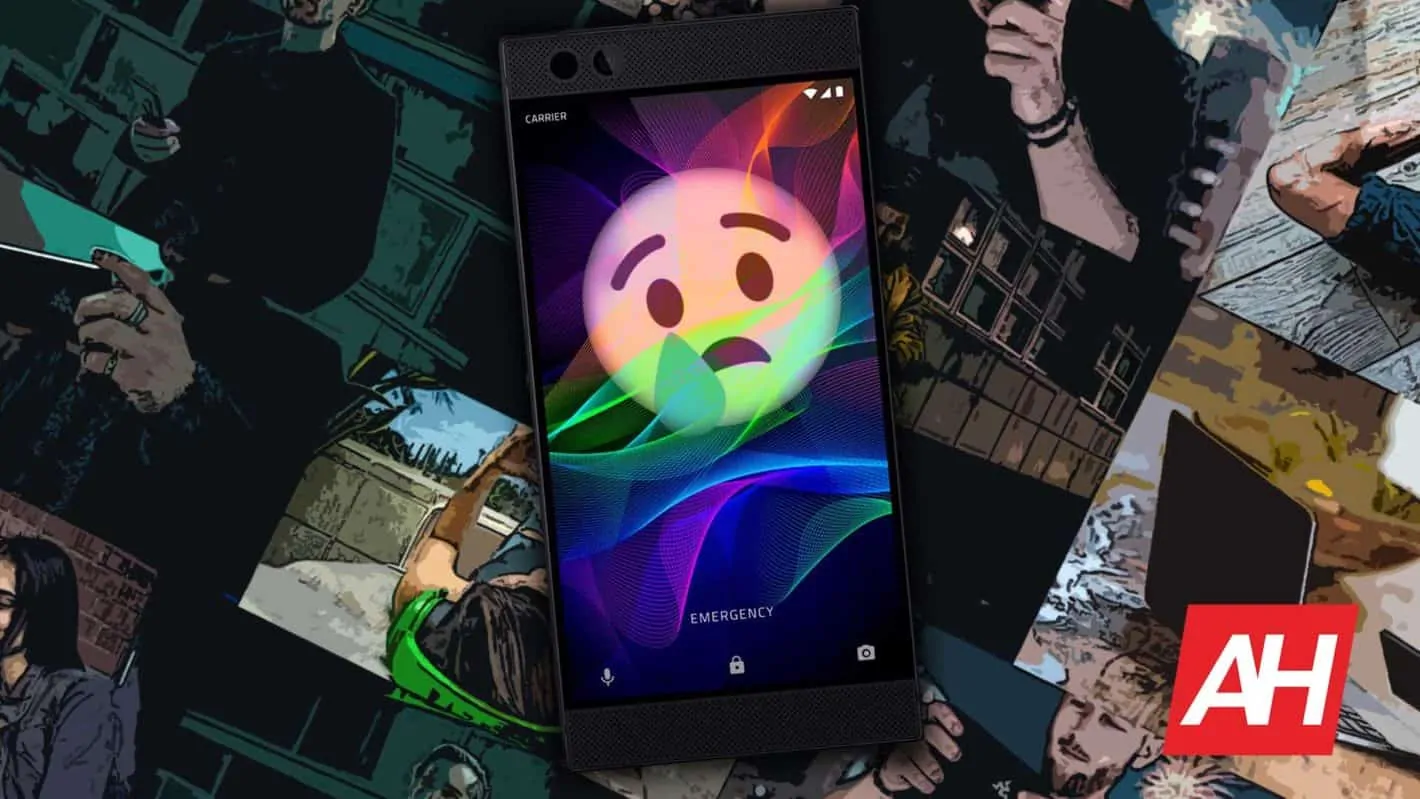Razer is largely responsible for the revival of gaming-oriented Android smartphones observed over the last 18 months, yet the American electronics company now appears to be reluctant to continue following the trend it itself started.
The will-it-won’t-it story about the firm’s Razer Phone 3 project has hence been circling the tech media for a couple of months now and contradicting claims on the fate of the initiative continue to emerge to date.
Mobile gaming sucks, says mobile gaming pioneer
Cue Razer CEO’s newly proclaimed take on the state of the mobile gaming industry. According to Min-Liang Tan, the current state of the segment is far from ideal but hardware isn’t to be blamed for that fact.
Instead, the industry veteran pointed to bad software as the thing keeping smartphone gaming experiences from evolving, having said as much in a recent interview. Mr. Tan pointed to input-output “hacks” as a massive issue the industry still hasn’t managed to solve, explaining how mobile gamers cheating by using peripherals like keyboard-mouse combos in games that don’t allow them are hampering the experience of the vast majority of players.
Button-mapping trainers extending screen functionality and aimbots designed for “crosshair snapping” were other hacks criticized by the CEO as the bane of mobile gaming. Even Android games designed to be played with controllers are susceptible to hackers when they can easily trick them into recognizing much more accurate and faster keyboard-mouse setups as gamepads, whereas aimbots remain a universal problem.
My play or the highway
Mr. Tan failed to directly reflect on whether the hack-infested mobile gaming community — which he said was largely concentrated in China, a country notorious for multiplayer cheats even beyond the scope of Android and iOS — impacts the possibility of the Razer Phone 3 being released in the immediate future.
Reports on the matter have been highly inconsistent; the project was described as canceled last month, with one insider claiming the firm even downscaled the entirety of the division responsible for the first two gaming phablets. Shortly thereafter, unrelated sources close to Taiwanese mobile component suppliers said Razer is still moving forward with the idea of releasing an Android smartphone targeting gamers for the third consecutive year.
According to the same insiders, in spite of the difficulties encountered, Razer was successful at kickstarting the trend to the point that even Nintendo is reconsidering its position on doing a gaming handset.
Mr. Tan’s latest comments don’t clarify either of those reports but they do provide insight into the company’s overall philosophy on the Android gaming space. Or better said: the fact that no such thing exists outside of the scope of online experiences. Razer is hardly the first industry member to completely disregard single-player games, presumably due to the much higher potential of multiplayer titles and the games-as-a-service business model.
Not giving up… or explaining what that means
Irrespective of whether the Razer Phone 3 — rumored to be dropping the “Phone” part of the lineup’s moniker — actually ends up happening this year, the San Francisco-based firm is continuing to invest in exploring interactive entertainment on the go.
It was just last week that it signaled as much when it announced a partnership with China’s tech conglomerate Tencent, stating the collaboration will see the duo push mobile gaming above and beyond its current level and not saying much of substance regarding what the initiative will actually entail, besides the equivalent of “everything;” hardware, software, events, you name it, Razer will be there. Eventually. Just don’t ask about smartphones.

